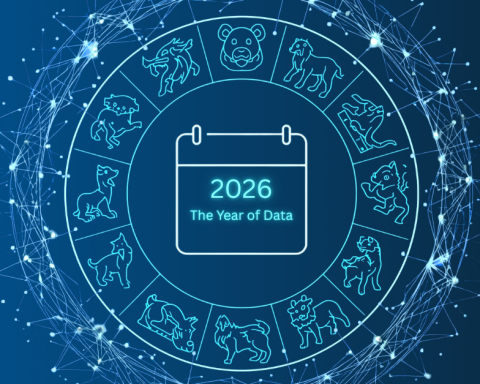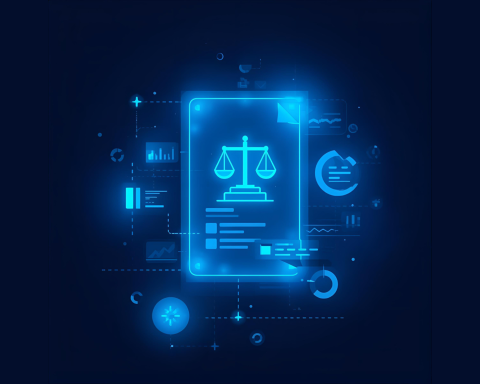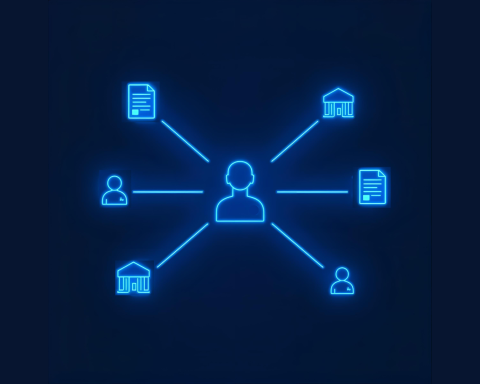In an era of rapid technological advancement and increasing demand for efficiency in the legal industry, the adoption of standardized tags, like those provided by the Standards Advancement for the Legal Industry (SALI) Alliance, has become a transformative force. These tags are a powerful tool to streamline legal processes, improve collaboration, and provide a more efficient and effective legal service. In this post, we’ll delve into the world of SALI tags, why they matter, and how Courtroom Insight helps firms adopt these tags.
The Power of SALI Tags
The SALI Alliance, a not-for-profit member organization formed in 2017, introduced SALI tags with the goal of standardizing legal matter descriptions. These tags, known as Legal Matter Standard Specification (LMSS), provide a common language for defining legal matters. Unlike proprietary and bespoke tagging systems that can be cumbersome, SALI tags are designed to be: (1) viewer neutral, (2) adaptable, (3) extensible, and (4) digitally accessible.
Why SALI Tags Matter
The rationale behind SALI standards is clear – industry-wide standards are essential for an efficient and effective market. Just as standards have revolutionized other industries, legal standards help streamline the sourcing of legal services, reducing costs, and enhancing the overall quality of legal work.
One of the significant problems that SALI tags tackle is interoperability. Using SALI tags aligns law firms with a broader industry trend towards standardization. This alignment brings several benefits, such as:
- Efficient Data Sharing: When multiple systems and organizations use SALI tags, data sharing becomes seamless, eliminating the need for manual tagging and data entry.
- Granular Insights: SALI tags enable more precise queries, allowing law firms to access detailed information about legal work. This can significantly enhance decision-making and efficiency.
- Interoperability: By adopting their standards, law firms ensure that their tags align with the industry’s common language. This makes it easier to interoperate with other systems and organizations, enhancing collaboration and information exchange.
- Comprehensive Analytics: Adopting the tags also allows firms to easily mix and match internal plus external data for more comprehensive benchmarking and analytics.
Courtroom Insight and SALI Tags
One authoritative resource that can help law firms conform with SALI standards is Courtroom Insight. This platform assists clients by mapping practitioners’ jurisdictions, areas of law, and subject-matter expertise. By aligning with SALI tags, Courtroom Insight allows law firms to take advantage of standardized tags to improve legal-services classification and delivery.
Conclusion
In sum, SALI tags are transforming the legal landscape by providing a common language for describing legal matters. As the legal industry collectively rallies around these standards, law firms that embrace SALI tags are positioning themselves for more efficient and effective legal service delivery, improved collaboration, and a competitive edge in an increasingly data-driven world.




